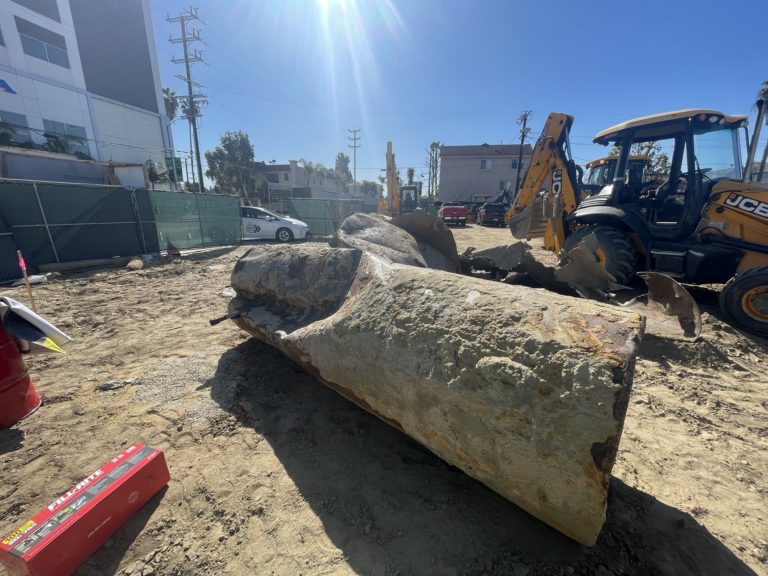Runoff (R)
The term “Runoff” (R) in hydrogeology and geology refers to the part of rainfall which accumulates on the ground surface and naturally forms into flowing streams.
The term “Runoff” (R) in hydrogeology and geology refers to the part of rainfall which accumulates on the ground surface and naturally forms into flowing streams.

Underground Storage Tank (UST) Underground Storage Tank (UST): An underground storage tank (UST) is a confined container occupying any volume of space within the subsurface, for the purposes of storing liquid. Underground tanks typically support commercial and residential services and have filling ports, ventilation pipes, and connecting product pipelines. Underground storage tanks (USTs) come in different…

Liquid Limit (LL) “Liquid Limit (LL)” in the field of geological engineering, refers to the upper limit of the “plastic state.” This is a separation of the plastic phase and viscous liquid phase when measuring soil consistency. Mathematically, it is the water content (basing on the percent of dry weight), at which two sections of…

Fault Creep Fault Creep: Fault creep means slow ground displacement of a strike-slip fault or dip-slip fault, that usually occurs without accompanying earthquakes. Fault creep can derive from tectonic activity, or be the result of excessive petroleum and groundwater pumping.

Hydraulic Head Hydrualic Head: In the field of hydrogeology, hydrualic Head is a measure of the potential energy of a fluid at any given point in a hydraulic system. It explains the potential energy driving fluid flow by summing the elevation of the fluid and the pressure it exerts.

Volcanology Volcanology: Volcanology is a branch of geology that focuses on the study of volcanos. In volcanology, geologists conduct field and laboratory investigations to learn about continental, coastal, and submarine volcanic activities. In fact, volcanology ties into many other branches of geology. For instance, a volcanologist may study the geochemistry of igneous rocks, such as…

Facies Facies: In the field of geology, the term “facies” represents a mappable, areally restricted part of a rock body that has different fossils or lithology from other contiguous beds deposited at the same time.